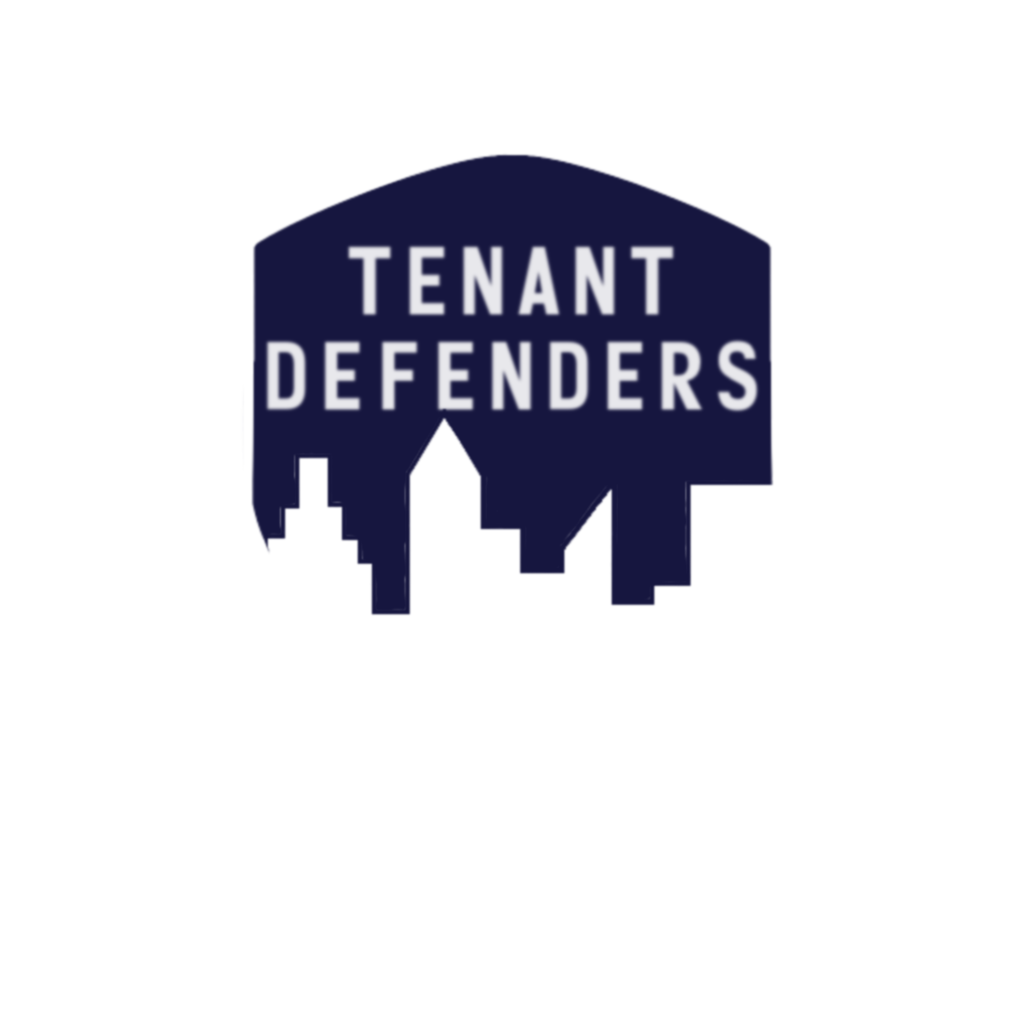Tenant Defenders apenas publicó una nueva página con información sobre los derechos de inquilinos cuando encuentran una invasión de chinches en su apartamento o casa. Si usted es rentero, más vale entender cuales son las obligaciones uyas y cuales son las del propietario cuando los chinches invaden a su domicilio. Para más información apachurra el boton.
[button text=”Chinches en el Domicilio” link=”https://tenantdefenders.com/chinches-en-su-domicilio/”]
